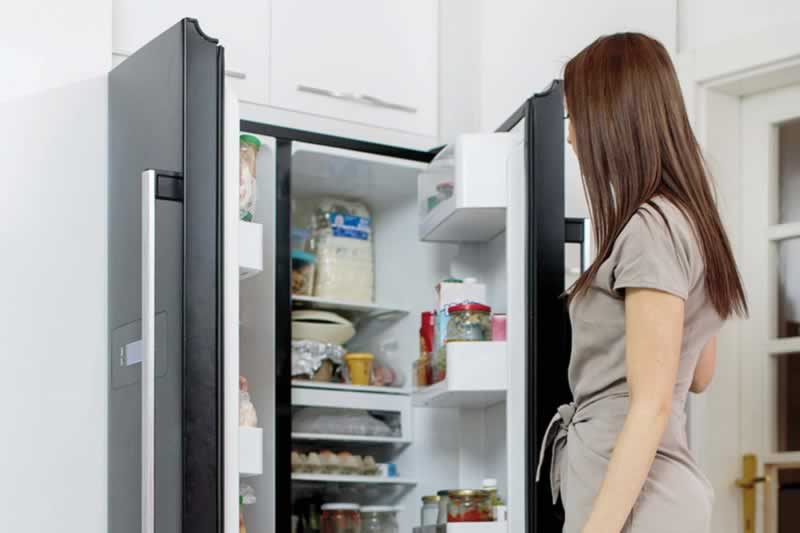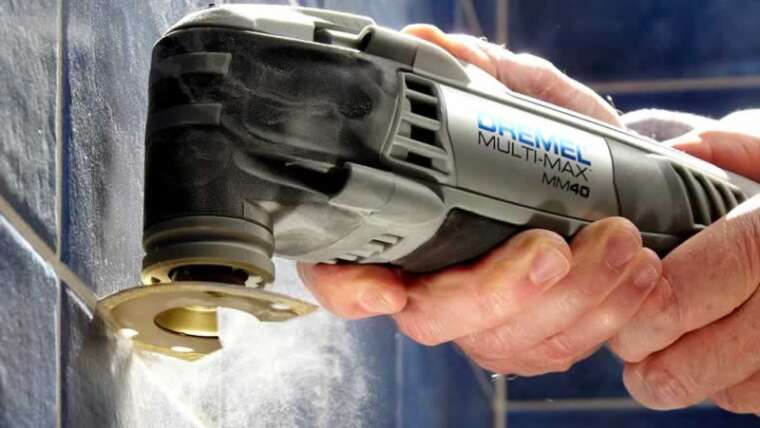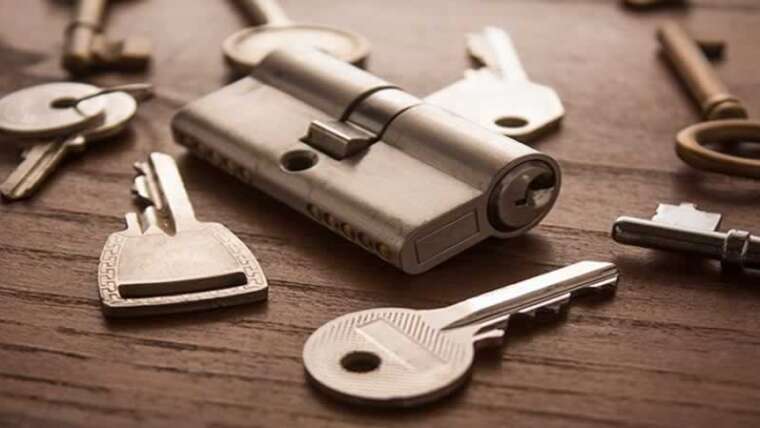Your refrigerator is one of the most important devices in your home and works much like your air conditioner. A sealed refrigerant circuit stores moisture and heat and keeps them away from the food storage compartments in the fridge and freezer. The refrigerant circuit then goes through a group of oils that distribute heat to the air. The refrigerator's compressor is required for uniform heat transfer by changing the refrigerant from gas to liquid.
When you hear your refrigerator turn on, it is actually the sound of the compressor motor starting the compressor.
What is causing your refrigerator to stop working?
Refrigerators are made up of several parts, including timers, thermostats, fans, and circuit breakers. These components regulate the cooling process to ensure that the device works properly. The automatic defrosting units consist of heaters that turn themselves on and off to prevent frost from building up in the fridge and freezer. If any of these parts don't work, the refrigerator may stop working. If you are a handy guy, you can repair a defective device yourself. However, it is best to watch your refrigerator closely to see if the problem can be fixed or if you need to call a repair specialist.
When the lights are out
If your refrigerator is not working and the lights are off, it likely means that the device is not receiving power. Check the breaker on the refrigerator and turn it back on if it is off or tripped. It's also a good idea to check the refrigerator socket to make sure the device is fully plugged in. Test another small device, such as a lamp, by plugging it into the wall outlet to make sure there is no problem with the wall outlet. Look at the refrigerator's cable while it is disconnected to make sure there are no loose cables.
When the light is on
If your refrigerator isn't working but the lights are still on, you can rule out a power issue. However, there are a few things you can do before calling for a repair person. Turn down the temperature in the freezer and wait for the refrigerator to turn on. Check that there is enough air flowing around the refrigerator. There should be about three inches of head space behind the refrigerator and an inch above the refrigerator to help dissipate heat from the coils. If there is not enough space, the compressor will overheat and the refrigerator will shut down. Clean the coils according to the manufacturer's instructions to avoid overheating the refrigerator.

You can also test the compressor by unplugging and reconnecting the refrigerator for about two hours. If the compressor turns on again, it is a sign that something has overheated the refrigerator. If these DIY diagnostic tests don't solve the problem, contact a technician. The repair professional will likely test your temperature controls, fan, defrost timer, as well as compressor relay and overload protection.
When you hear the compressor but the refrigerator is warm / hot
If you can find that the compressor motor is running or buzzing, but your refrigerator isn't cooling your food, it's time to call a professional. Ask the repairman if you should unplug the refrigerator while you wait for the technician to come to your home. If all parts of the refrigerator look intact but the appliance is not yet boiling, check the owner's manual or call the manufacturer to find out how to fix the problem and prevent it from happening again.
If you have problems with the refrigerator, make sure you have as much cold air in the unit as possible. Do not open doors often, especially when waiting for repair services. This will prevent your food from spoiling or thawing. Even if your refrigerator is working properly, avoid leaving the door open for long periods to prevent too much heat from entering the unit and causing additional problems.




